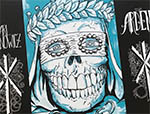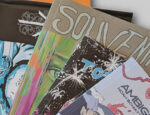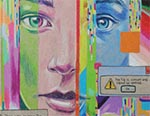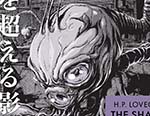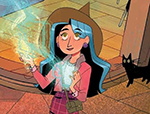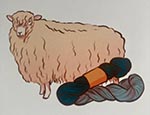“Comics made to challenge and delight, from a nonprofit publisher built to serve.” This is the mantra of Fieldmouse Press, a small, nonprofit publisher of comics based in California. Fairly new to the scene, Fieldmouse Press was founded in 2019, and continues to impress, not only with its range of comics, but with its successful fundraising campaigns. Coming in as part of their fifth crowdfunder is French Girl, by Jesse Lee Kercheval, which is currently raising funds to print. Despite being an award-winning poet, writer and translator, French Girl is Kercheval’s first graphic publication!
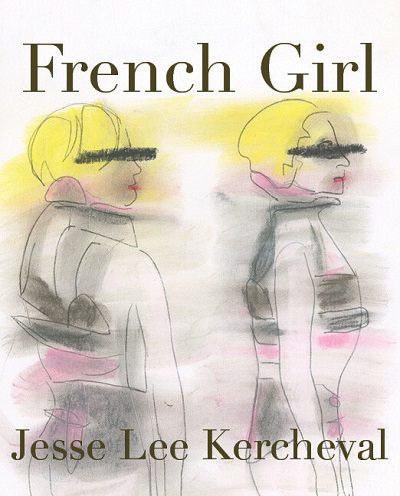
French Girl is a graphic memoir, detailing author Kercheval’s difficult relationship with her mother, adapting to becoming a mother herself, and the passage of time. Set post-World War 2, Kercheval, her family, and her friends are all feeling the after-effects, whether this be PTSD, missing a lost loved one, or no longer knowing where you belong in the world. Through a series of short vignettes, Kercheval blends the fantastical with the mundane to eloquently reflect on her feelings, conjuring worlds made of ice in which to cry, travelling to fairytale lands in which she embodies a witch, and metamorphosing into a brilliant bird in order to experience real freedom: “stretch your arms wide. …you, too, will have wings”. Dipping and diving between reality and fantasy with ease, Kercheval reveals her sense of displacement and dissatisfaction with the world she lives in, and her desire for there to be more than this earthly plane.
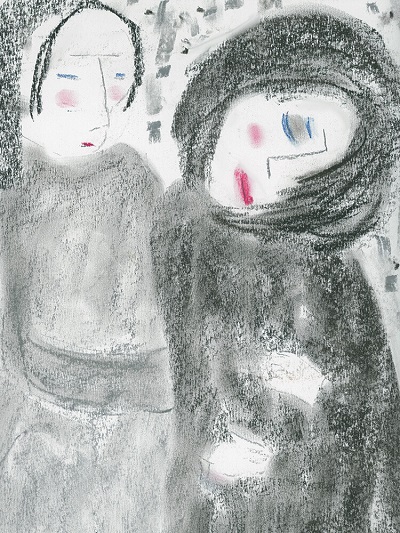
I was amazed to find out that Kercheval only took up drawing during the 2020 pandemic because she “wanted to do something that wasn’t just sitting on the computer reading bad news all day”. French Girl’s art is vibrant, versatile and beautiful, reminiscent of Julia Delporte’s work, with its dreamy, minimalist sketches, and bursts of bright colour. The sketches are indistinct and blurry, and this seems to be a deliberate choice on Kercheval’s part, to represent both her and the narrative’s sense of liminality – neither are quite rooted in either reality or dreams, but some middle ground, which is why you can’t get a close, detailed look.
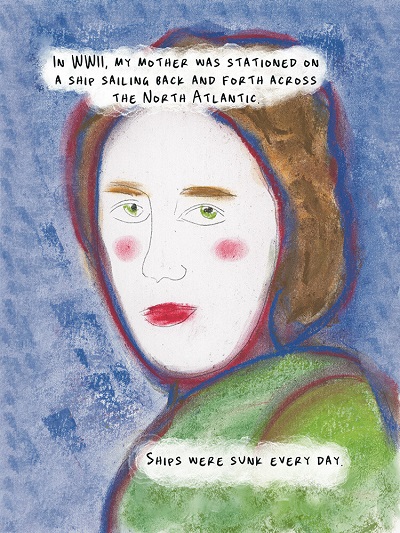
This is a Virginia Woolf-esque trope that Kercheval utilises excellently, in her merging of dream-like sequences with reality. In one of the chapters, she and her friend enter through a magical door, providing her friend access to her absent mother, and yet, though the sequence clearly can’t be grounded in reality, it weaves in with the storytelling seamlessly, focusing on the after effects, in which her friend is left devastated.
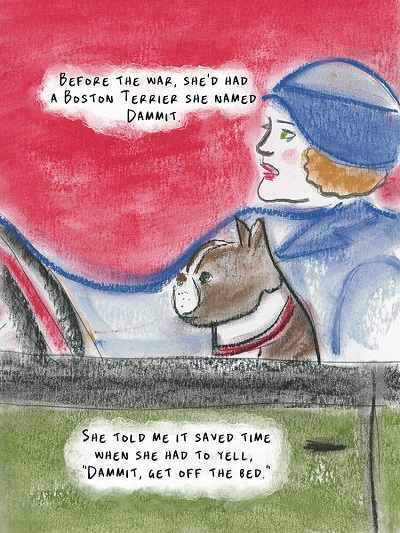
The stream-of-consciousness style of writing also reminded me very much of Virginia Woolf, in its lack of linear storytelling. Rather than plot development, the focus is on character development, and we get to know Kercheval intimately as she tells us each thought that forms in her mind, particularly her worries about her mother’s drinking, her father’s sense of worth, and her sister’s grief. Folkloric elements are embedded throughout, in literary allusions to the tales of Red Riding Hood, Hansel and Gretel and Baba Yaga, as well as religious motifs in reference to St Agatha and the virgin Mary. This allows Kercheval’s academic literary background to really shine as she beautifully embellishes the stories through her artwork.
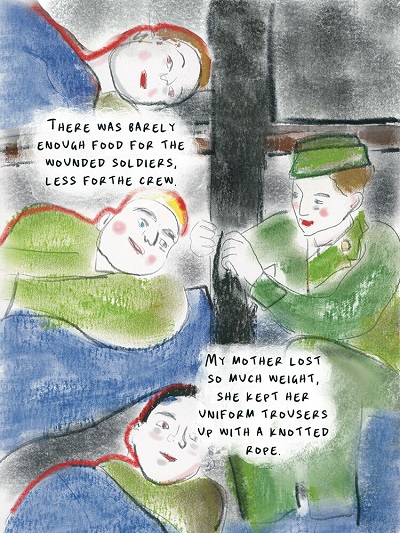
French Girl is not a graphic novel to pick up if you want a run-of-the-mill, linear, focused narrative. However, if you’re eager to experience this meditative collection for what it is and focus on how it makes you feel rather than what the story is telling you, this gorgeous blend of trauma, longing, complications and real, raw emotion is absolutely worth backing. Fieldmouse Press is currently at just over 70% of its overall goal to produce French Girl in print, so go and back it now if you hope to see it in soft-cover, full-colour glory!
Jesse Lee Kercheval (W/A) • Fieldmouse Press
Review by Lydia Turner





